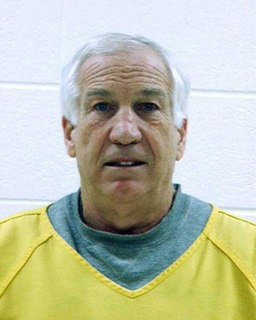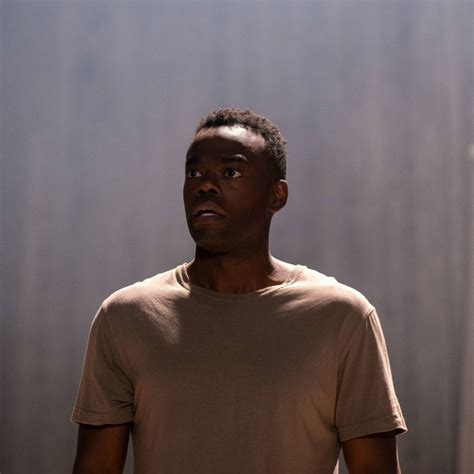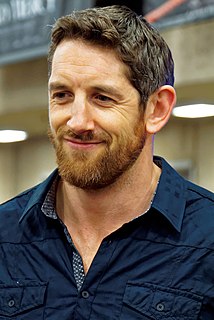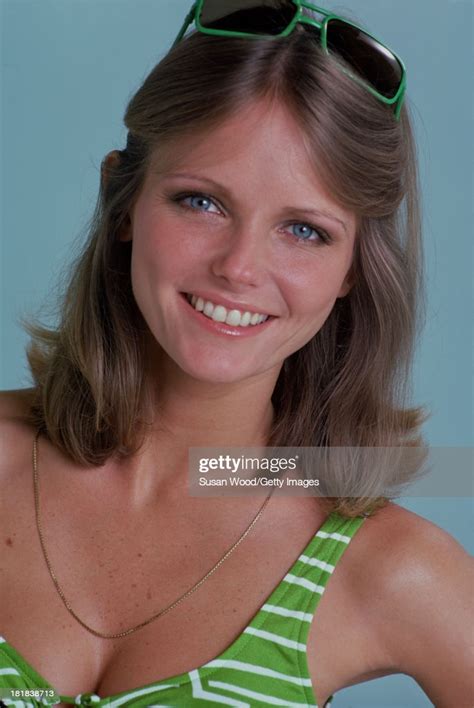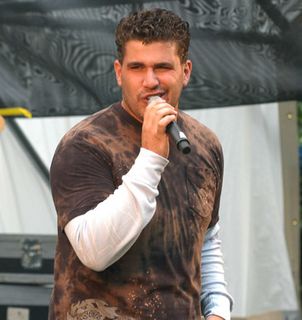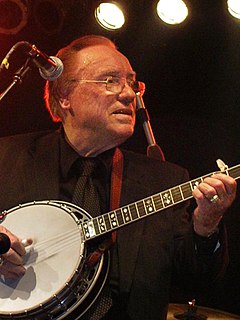A Quote by Jules Feiffer
And all the things I thought were mistakes and I did cartoons on them. And then I think I was the first cartoonist in the country to attack the war in Viet Nam and that helped influence a whole generation of young cartoonists who later on took up the battle. And that was exciting to know that I had helped influence work of young people who were moving this forum into a better and more exciting area, out of the more by the state that political cartooning had been in.
Related Quotes
In terms of - my relationship with so many, many young people. I would - I would guess that there are many young people who would come forward. Many more young people who would come forward and say that my methods and - and what I had done for them made a very positive impact on their life. And I didn't go around seeking out every young person for sexual needs that I've helped. There are many that I didn't have - I hardly had any contact with who I have helped in many, many ways.
Cartoons were very conservative. The country was very conservative. Although the liberals were allegedly in charge for a long time, there was a very acceptable balance what people would talk about in public. And I wanted to stretch those and move further out. And as the civil rights movement began, I started doing cartoons on that and on sit-ins and I was, along with Bill Mauldin, a great cartoonist out of World War II, arguably one of two white cartoonists doing this kind of work, Bill and me.
I think The New Yorker's cartoons aren't very political because the people who do the cartoons aren't awfully political people, and they aren't paid to be political. I think editorial cartoonists are. That's what they do. They probably have a great natural interest in politics, and then they are paid to do it, so they sort of have to hunt out these ideas. I admire editorial cartoons, but I'm also sort of happy that I don't do them because I'd hate to have to label things and I'd especially hate, more than anything, to label something Dennis Hastert or Mark Foley.
There’s no question that mistakes were made and as CEO, I have to accept responsibility for those mistakes. I was focused on lowering costs and making the hospitals more efficient. I could have had more internal and external controls. I learned hard lessons and I’ve taken that lesson and it’s helped me become a better business person and a better leader.
I feel like I'm changing as a human being, and I think that the work needed to be in line with where I'm at. When I was younger and I was making political work, I was trying to figure out where my work fit in because when you're young you're like, "I don't know." I'm Latino, I grew up in Mexico, and so I thought that maybe I had to talk about those things. Then finally I didn't need my identity to rely on anymore. So now the work is becoming about more esoteric things, I guess - my own sort of language.
You are great young people. I have said again and again, we have the finest generation of young people ever in the history of this Church. I believe it. You know the gospel better. You come to seminary and you learn about the things of the Lord here. You know more about the gospel than those of my generation at your age did without any question. I am satisfied of that. Furthermore, you are intrinsically better. You are wonderful young people!
It's not about what you achieve, it's actually what you do for your industry and that's what I think is important. And when people look at me and they see my achievements with the restaurants do you know what I think? I think I did more than that. What I achieved was teaching young men and young women when they were young and inspiring them.


